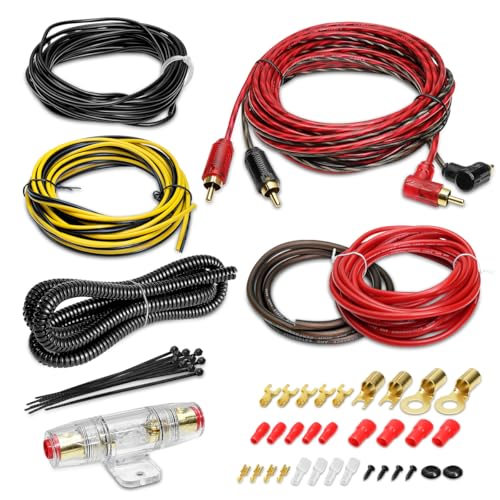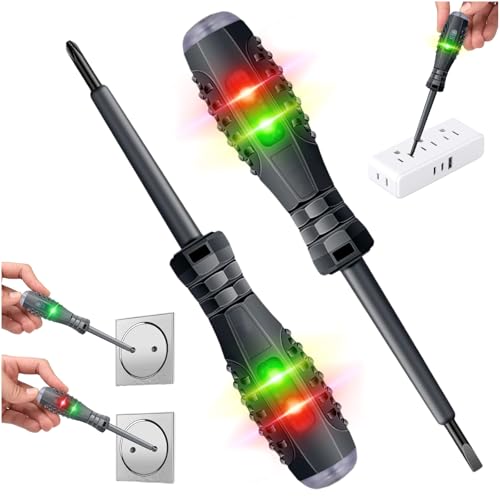davetheglitz
Electrician
I've always accepted that all ventilation fans should be able to be isolated. However my client insists that he doesn't want an isolator as tenants tend to switch off the isolator and the resultant condensation damage causes no end of damage.
He is paying, I understand what he is getting at, and I can't see any harm in omitting an isolator.
I've been searching the regs to find out why an isolator is needed for a very small fan and came up with a blank. Does anyone know any different?
He is paying, I understand what he is getting at, and I can't see any harm in omitting an isolator.
I've been searching the regs to find out why an isolator is needed for a very small fan and came up with a blank. Does anyone know any different?
































































